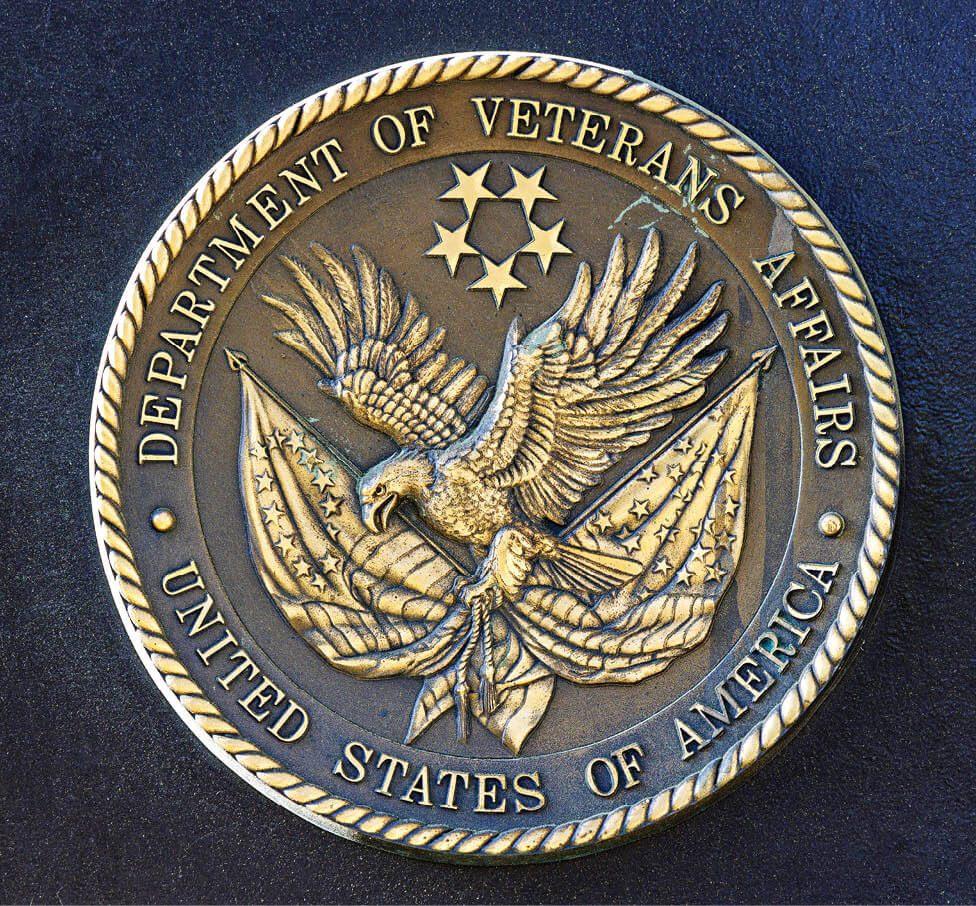In the News
SOCIAL SECURITY SEND TOO MUCH? DON’T PANIC
Program relaxes overpayment clawbacks

The Social Security Administration (SSA) will relax efforts to recover billions of dollars in overpayments to older Americans and people with disabilities, saying those efforts created unfair hardships.
SSA Commissioner Martin O’Malley told a Senate panel that the practice of going after benefits wrongly paid to people, often through no fault of their own, amounted to “clawback cruelty” and should be reformed.
“Innocent people can be badly hurt,” O’Malley said during his testimony in March.
O’Malley announced that starting March 25, the SSA will no longer cut off monthly payments to beneficiaries who fail to respond to an overpayment notice. Instead, the agency will continue paying benefits but withhold 10 percent to put toward repayment.
“We are pleased to see Commissioner O’Malley really taking on these customer service challenges,” says Bill Sweeney, AARP’s senior vice president for government affairs. “It’s critical that Social Security works closely with families who are being impacted by overpayments, especially in cases when it was the agency’s fault to begin with.”
The SSA collected $4.9 billion in benefit overpayments in the 2023 fiscal year, but some $23 billion is still outstanding, according to a report by the agency’s Office of the Inspector General from last November.
O’Malley has identified overpayment procedures as one of three customer service issues he aims to address this year, along with record waits for decisions on disability benefit applications and lengthy hold times on calls to Social Security’s national help line.
The SSA reported to the federal Office of Management and Budget that it overpaid beneficiaries by an estimated $11.1 billion in the last fiscal year.
HOME SELLERS GET A BREAK ON COSTS

The cost of selling a home could come down substantially, starting as early as July.
As part of an agreement announced in March that ended a nationwide class action suit, the National Association of Realtors (NAR), the country’s largest trade group of real estate agents, agreed to stop requiring a seller’s agent to offer compensation to buyers’ agents as a condition of including a home on industry databases where homes are listed for sale.
The changes are expected to trim the commissions of 5 or 6 percent—half paid to the seller’s broker and half to the buyer’s—that American home sellers have traditionally paid.
“This settlement will bring sweeping reforms that will help countless American families,” says Benjamin D. Brown, managing partner of a key law firm behind the suit.
Blood Test Can Detect Colon Cancer
About 4 in 10 adults ages 45 to 75 who should be screened for colorectal cancer skip it, in part because many can’t bear the thought of a colonoscopy.
But soon a simple blood test could become an accepted form of colorectal cancer screening, and some researchers expect that would raise the number of people who get tested.
A study published in The New England Journal of Medicine in March found that a blood test developed by Guardant Health detected colorectal cancer in 83 percent of people who had the disease. That is similar to rates of detection from routine stool-based colorectal cancer screening tests, says study coauthor William M. Grady, M.D., a gastroenterologist at the Fred Hutchinson Cancer Center.
The blood test detects certain cancer signals in DNA that’s shed from a cancerous tumor, Grady says. If tumor material is found in the blood, then a colonoscopy would determine whether cancer is present.
The American Cancer Society says 152,810 new cases of the cancer and 53,010 deaths will happen in 2024.
VA Expands Care to Vets Exposed to Toxins

Veterans exposed to hazardous materials while training or on active duty can get faster access to expanded health care benefits, the Department of Veterans Affairs recently announced.
The action speeds up phased-in benefits created under a 2022 law aimed at dealing with health problems from exposures.
“If you’re a veteran who may have been exposed to toxins or hazards while serving our country ... we want you to come to us for the health care you deserve,” VA Secretary Denis McDonough said in a statement.
More than half a million veterans have enrolled in VA health care since the law was passed in August 2022. The new move means any veteran who participated in what the VA terms a toxic exposure risk activity is eligible for VA health care directly without first applying for VA benefits.
That includes veterans exposed to burn pits, sand and dust; pesticides and herbicides; and hazards on bases including asbestos and more. More information about the act and eligibility can be found at VA.gov/PACT.
FREEZE-DRIED

Curious whether the powdered milk on your shelf has changed over time? Don’t be. A study published in the Journal of Dairy Science found that powdered milk recently recovered from Ernest Shackleton’s ill-fated Antarctic expedition of 1907-1909 is nearly identical to today’s powdered milk.